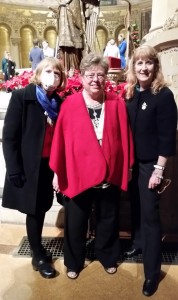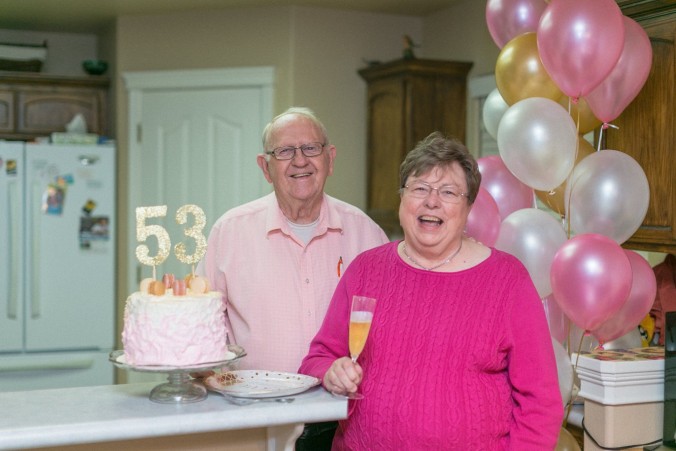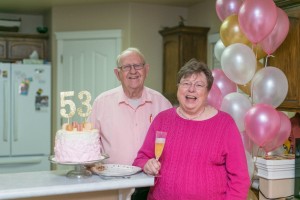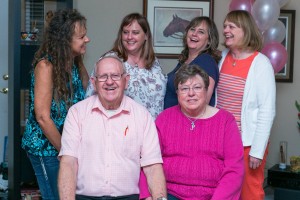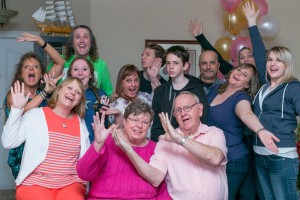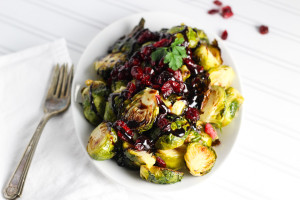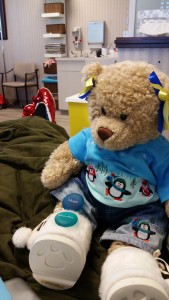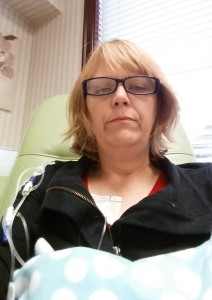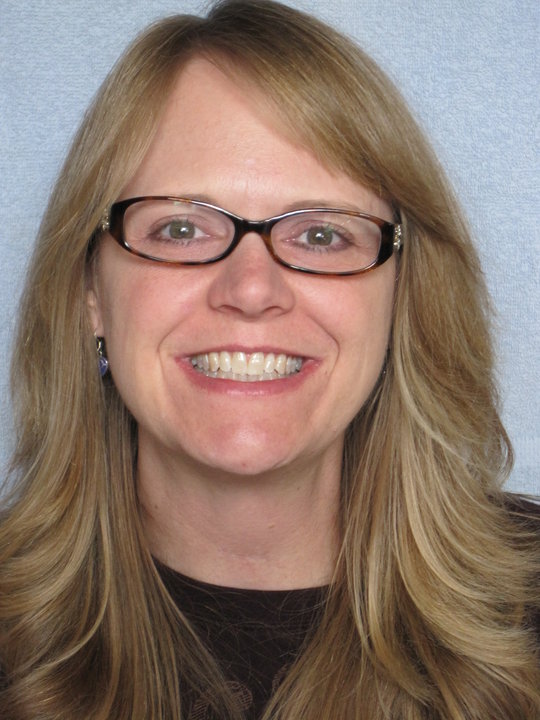White Blood Cells and Platelets | Why Are They so Important?
The most closely monitored values during chemotherapy are white blood cells and platelets. Low white blood cells and platelets are a common side effect of chemotherapy. Levels of white blood cells and platelets reflect how equipped your body is to fight off disease and how able it is able to clot when bleeding occurs. The Mayo Clinic and National Institutes of Health Clinical Center provide nice overviews of the roles white blood cells and platelets play in maintaining overall health.
If those results fall within acceptable ranges, then chemotherapy continues. But, if they fall below established counts, chemo is put on hold while measures are taken to boost those counts. Undoubtedly you have seen commercials on television for Neulasta, but there are other medications, such as Neupogen, that also work to boost white blood cell production. The medications are painful to take because they are working in your bones to stimulate production of these much needed white blood cells. From experience, I can tell you it hurts something like those growing pains when you were young. Unfortunately, boosting the white blood cells can cause platelet production to crash. So, the oncologist has to balance it all to get the right combination so that both values fit the criteria that means a patient is healthy enough for chemotherapy.
Unfortunately for me, my white blood cells and platelets continued falling this week, leaving me with low values that were just within the acceptable range for my scheduled chemotherapy treatment this week. However, they are below what is considered normal for the average person: so I have a high risk for getting an infection or having trouble with my blood clotting if I get a cut.
Preparing me for what could be my final chemo treatment, my wise and gentle oncologist reassured me that approximately 80% of patients on this regimen only make it through treatment number ten and that I had done well to get this far with the difficult course of treatment. So, I am confident that no matter how things go on from here, that I have received the treatments I need to beat this disease and resume my course on the journey of life.
Other Lows not Measured by a Complete Blood Count
What I am finding most difficult today are the instructions to be very careful to not get sick, which is a much greater risk given my low white blood cell and platelet counts. This translates into do not go anywhere or see anyone except for treatment purposes.
While on this detour, I have followed the directions of my extremely conservative oncologist and taken time off work, avoided places like grocery stores, and stayed away from other places where there are many people and the risk of infection is greatest. In December, I pled for an exception to attend the Community Sing and Play Along Messiah at Stanford University. I was instructed to go masked and gloved, but feeling like a sideshow was utterly worth it to attend this favorite annual seasonal celebration!
Solitude is starting to take a toll after months of this self-imposed, but doctor prescribed, isolation. After being admonished at my appointment with the oncologist this week to be very careful and to abandon my plans for a quick trip into the bookstore, I had to postpone plans to visit with friends in my home and change plans for my ride to chemo due to a sore throat.
While I am so grateful for the love and support of my friends and family, I am required to avoid much needed time spent with them. This week, I found it impossibly difficult and have been overwhelmed by tears more than once. Though humiliating to admit, it’s only too true. As I mentioned in my post Bestowing the Gift of Presence, we need people, especially the ones who love and care for us.
I want to be well and will do all I can to be completely healthy again, but this has not been a quick and easy detour. My strength sometimes wanes and in those moments I find myself borne up by you faithful ones. I am infinitely grateful for your persistence in accompanying me on this bumpy, unexpected cancer detour. Your companionship through cyberspace, USPS, thoughtful care packages, and other creative means gives me the encouragement necessary to keep fighting the good fight until I am back on the paved road of life’s journey.
So, if anyone has time to Skype, FB message, or call someone you know going through a challenging time, you could make a huge difference. I know I would love to say hello for a few minutes since I cannot visit with you in person. Feel free to comment below, email me, or send me a message on Facebook if you’d like to set a time to connect. Or, if you have another friend going through hard times, I encourage you to find a way to remind them you care. A fellow cancer patient called me today and after we chatted, commiserated, and encouraged one another for awhile, we both felt better. You can make a felt difference like this in someone’s life today. It doesn’t have to be a time intensive contact, but it can make a meaningful difference for the person.
Thank you for sticking with me during the high and low white blood cells and platelets!
